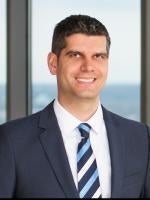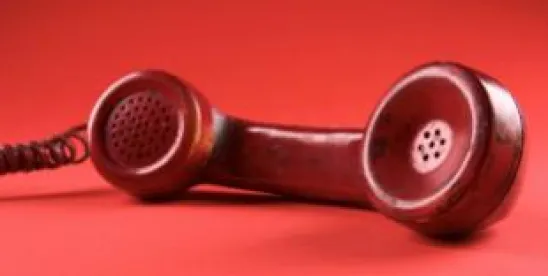The Eastern District of California recently granted a motion to stay proceedings under the primary jurisdiction doctrine in Matlock v. United Healthcare Servs., Inc., No. 13-2206, 2014 U.S. Dist. LEXIS 37612 (E.D. Cal. Mar. 20, 2014). It stayed the proceedings until the FCC rules on United Healthcare’s expedited petition to clarify the definition of “called party” under the TCPA’s prior express consent provision.
United Healthcare contacts specific individuals using an artificial or prerecorded voice to convey healthcare-related information, such as vaccine reminders. In this case, United Healthcare called a patient to remind him about a flu vaccination, but the patient had switched carriers and had his cell phone number reassigned to a different person. That person—the Plaintiff in this case—alleged that the call violated the TCPA because United Healthcare did not have the “prior express consent of the called party.”
United Healthcare sought to stay the proceedings until the FCC resolved its expedited petition requesting clarification of prior express consent requirement in the recycled number context and asking the FCC to confirm that there is a good faith exception to liability under the TCPA when a call is placed for informational purposes as opposed to telemarketing. It pointed out that another entity, ACA, filed a similar petition with the FCC. (ACA’s petition was highlighted in a previous post discussing pending petitions before the FCC.)
In granting the motion to stay, the court acknowledged that courts have reached conflicting decisions as to the meaning of “called party.” Id. at *3 (citing Cellco P’ship v. Wilcrest Health Care Mgmt., Inc., 2012 WL 1638056 at *7 (D.N.J. May, 8, 2012) (“called party” is the intended recipient of the call), and Soppett v. Enhanced Recovery Co., LLC, 679 F.3d 637 (7th Cir. 2012) (“called party” is the current cell phone subscriber). It further noted that public comments are due as to United Healthcare’s petition at the end of March.
The court found that the stay is warranted because “(1) Defendant’s petition is already before the FCC and comments are due in the near future; (2) judicial economy weighs against issuing a decision that may be undermined by an anticipated ruling of the regulatory body; (3) the violation alleged in this case is not ongoing so Plaintiff will suffer no further damages during a stay; and (4) this case is in the early stages of litigation, such that Plaintiff will not be prejudiced by any delay.”
In fact, the Plaintiff barely contested any of these factors. Instead, he argued that “called party should correctly be interpreted to mean the subscriber to the phone line or the actual recipient of the call.” The court highlighted that his argument ignored the contrary authority.
This decision adds to the list of courts staying cases under the primary jurisdiction doctrine until the FCC clarifies the uncertain terms in the TCPA.




 />i
/>i

